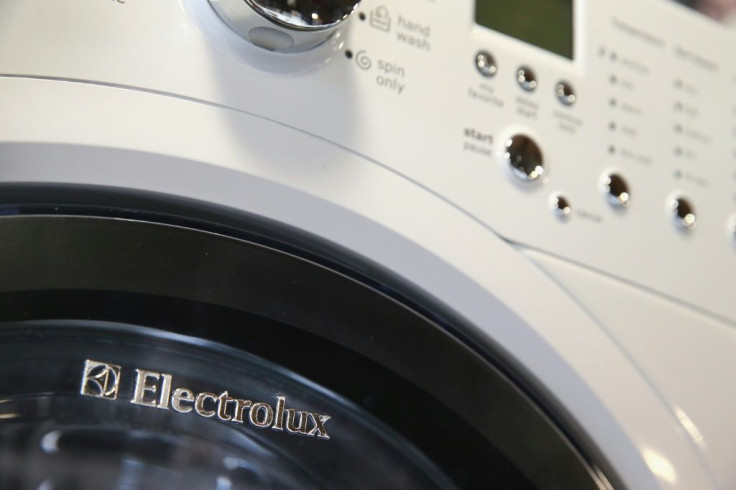Supply Chain Woes Hit Electrolux Profits, Worse To Come
Swedish home appliances maker Electrolux on Wednesday reported a drop in third-quarter earnings on Wednesday, warning that persistent supply chain woes would get worse by the end of the year.
The company, like many other manufacturers, has seen production hobbled by supply chain problems, including a global shortage of semiconductors that are key elements in a range of electronics and appliances.
Electrolux reported a net profit of 1.14 billion kronor ($114 million) between July and September, down from 2.36 billion kronor during the same period last year. The profit figure was in line with analyst expectations.
Third-quarter sales were nearly 31 billion kronor, down 3.4 percent from last year, Electrolux said in a statement.
And operating profit fell year-on-year to 1.6 billion kronor.
Chief executive Jonas Samuelson said that "supply chain constraints, mainly electronic component availability, impacted production output negatively, as we anticipated".

"We estimate the production impact to be approximately 10 percent in the quarter," he added in the statement.
After suffering a tough second quarter in 2020 due to Covid-19 lockdowns, Electrolux quickly recovered, as house-bound consumers turned their attention to refreshing their homes.
But this year, the supply chain shortages, partly driven by a world rebounding from the pandemic, have hit production.
"We continue to have a tight collaboration with suppliers to mitigate global supply shortages, but we estimate that the fourth quarter will be even more challenging than the third quarter," Samuelson said.
"Although we anticipate sequential improvements in 2022, we expect challenging conditions to remain in meeting continued strong demand."
The Swedish firm, which has been raising prices to offset the effect of the logistical problems, maintained most of its 2021 forecasts, but warned of the impact of "external factors" such as raw material costs.
They are expected to weigh on business to the tune of 4.5 billion kronor this year, higher than its previous forecast of 3-3.5 billion kronor.
© Copyright AFP 2024. All rights reserved.




















